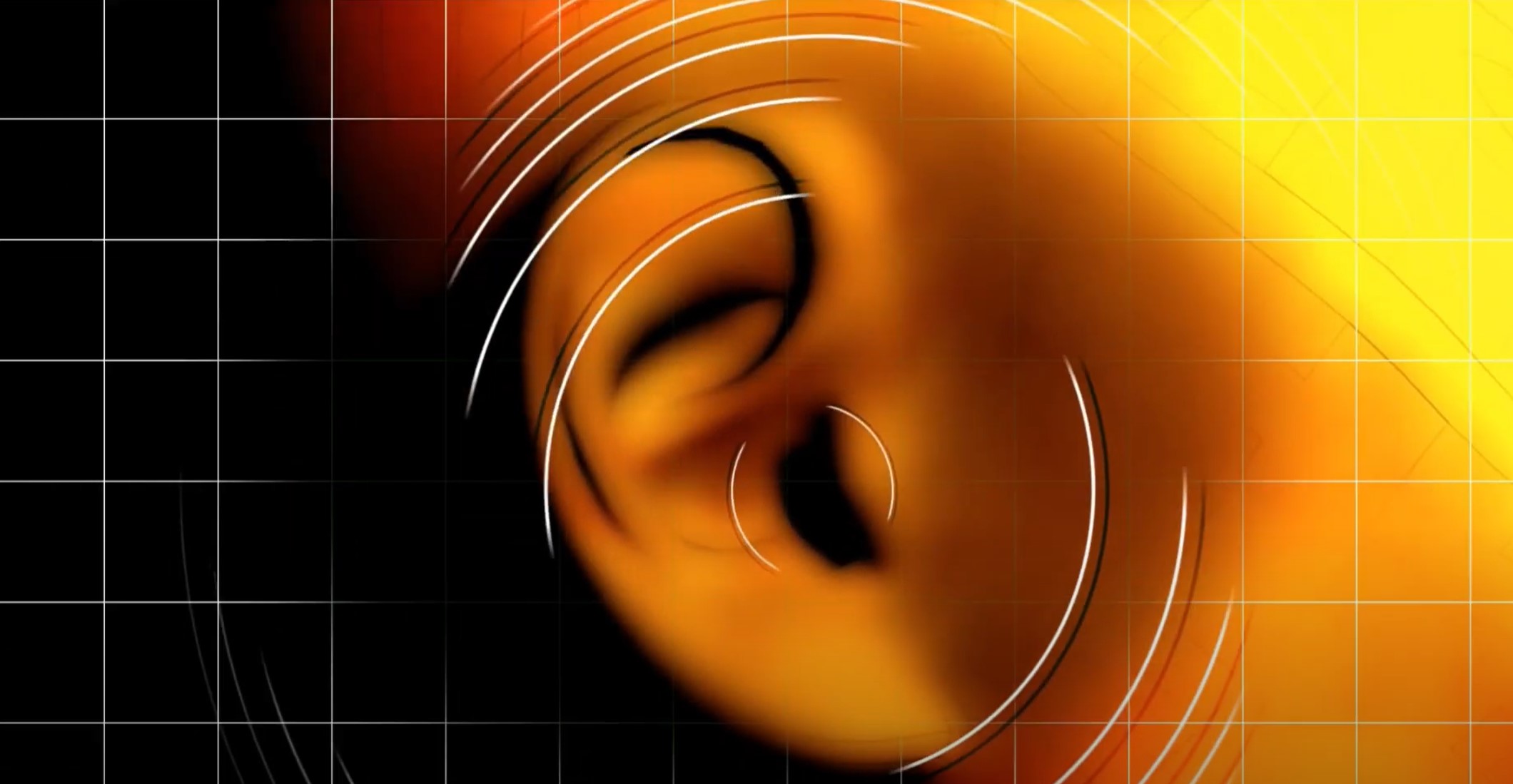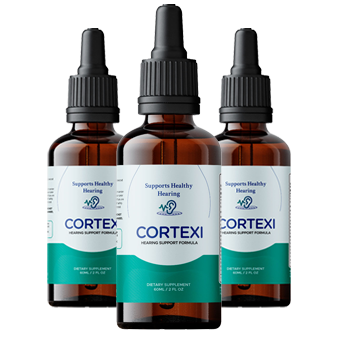Tinnitus Treatment Summary
Tinnitus, often characterized by a persistent ringing in the ears, is a common condition that can significantly impair quality of life. While it is essential to remember that tinnitus is a symptom rather than a standalone condition, there are numerous tinnitus treatment strategies available, focusing on both the underlying cause and symptom management.
While hearing loss due to tinnitus can be a challenging condition to deal with, there are numerous treatments, and tinnitus home remedies that can help manage symptoms and improve the quality of life.
Watch this video to learn How to Treat Tinnitus Naturally.
Click to visit the official website of Cortexi.
Understanding and Managing Tinnitus
Tinnitus, a common auditory concern, is often described as the perception of noise or ringing in the ears. It’s not a condition itself but a symptom of an underlying condition, such as age-related hearing loss, an ear injury, or a circulatory system disorder.
While usually bothersome, tinnitus isn’t a sign of something serious. Although it can worsen with age, for many people, tinnitus can improve with treatment.
Possible Causes of Tinnitus
- Age-Related Hearing Loss: As people age, it’s common to experience some degree of hearing loss, usually starting around the age of 60. Hearing loss can cause tinnitus, a fact attributed to the brain trying to compensate for the loss of sensory input.
- Exposure to Loud Noise: This is one of the most common causes of tinnitus. Constant exposure to loud noise can damage the tiny sensory hair cells in your ear that transmit sound to your brain. This type of tinnitus is usually temporary and subsides over time.
- Earwax Blockage: Earwax protects your ear canal by trapping dirt and slowing the growth of bacteria, but when it accumulates and becomes hard, it can lead to tinnitus.
- Ear Bone Changes: Stiffening of the bones in the middle ear (otosclerosis) can affect your hearing and cause tinnitus. This condition is often caused by abnormal bone growth and is hereditary.
- Medications: Certain drugs can also cause or worsen tinnitus. This effect is usually dose-dependent and disappears if the medication is ceased. Medications known to cause or worsen tinnitus include antibiotics, cancer medications, water pills (diuretics), certain antidepressants, and aspirin when taken in high doses.
- Other Medical Conditions: Conditions like Meniere’s disease, TMJ disorders, acoustic neuromas, Eustachian tube dysfunction, muscle spasms in the inner ear, and blood vessel disorders can also contribute to tinnitus.
Symptoms of Tinnitus
Tinnitus involves the sensation of hearing sound when no external sound is present. The symptoms of tinnitus include these types of phantom noises in your ears:
- Ringing
- Buzzing
- Roaring
- Clicking
- Hissing
- Humming
The phantom noise may vary in pitch from a low roar to a high squeal, and you may hear it in one or both ears. In some cases, the sound can be so loud it interferes with your ability to concentrate or hear external sound. Tinnitus may be present all the time, or it may come and go.
Tinnitus is also often associated with:
- Fatigue
- Stress
- Sleep problems
- Trouble concentrating
- Memory problems
- Depression
- Anxiety and irritability
Understanding the potential causes and symptoms of tinnitus is the first step toward managing this condition effectively. It’s crucial to consult with a healthcare provider to help pinpoint potential causes and develop a tailored tinnitus treatment plan.
Tinnitus Prevention and Lifestyle Modifications
A critical aspect of managing tinnitus involves the prevention and reduction of symptoms through lifestyle changes.
These include lowering exposure to loud noises, avoiding complete silence, limiting salt intake, monitoring blood pressure, abstaining from stimulants like caffeine and nicotine, regular exercise, managing stress, and reducing fatigue.
Being well-informed about your condition can also significantly aid in managing your symptoms.
Available Tinnitus Treatments
There is no universal tinnitus remedy, but several strategies and tinnitus treatments can provide tinnitus relief, such as medications, auditory habituation, tinnitus retraining therapy, and acoustic therapy.
These approaches work differently for each person, necessitating a personalized plan for each tinnitus sufferer.
The Role of Tinnitus Medications
There isn’t a single pill that solves all tinnitus cases, but certain tinnitus ear drops, antidepressants, and anti-anxiety medications have shown promise.
Due to the huge demand for this product, sometimes it runs out of stock. Click here to check if Cortexi is available for purchase today.
However, further research is needed to establish their efficacy fully.
Acoustic and Music Therapies
Techniques involving sound, such as tinnitus retraining therapy, use directive counseling and low-level sound generators to gradually diminish the brain’s focus on tinnitus. Alternatively, music therapy can stimulate the auditory cortex and soothe the limbic system, helping to reduce the distress associated with tinnitus.
Exploring Device-Based Solutions
Hearing aids, maskers, and sound generators can help mask tinnitus sounds or change how the brain processes them.
These devices can reduce the contrast between tinnitus and silence and provide new stimulation to the brain.
Neuromonics acoustic desensitization protocol is another method that uses a processor to deliver individually tailored acoustic stimuli.
Emphasis on Mental Health
Counseling or cognitive-behavioral therapy can be essential in managing the stress and distress associated with tinnitus. Stress management techniques like relaxation and guided meditations and imagery can help tinnitus sufferers cope with their symptoms.
Addressing Underlying Health Conditions
For some, tinnitus is a symptom of another health condition, such as blood vessel disorders or earwax blockage. In these cases, treating the underlying cause can reduce or even eliminate tinnitus symptoms.
Noise Suppression Devices
Electronic devices producing white noise can often effectively suppress tinnitus symptoms. These devices, including white noise machines and masking devices, may offer much-needed relief, especially in quiet settings or during sleep.
Role of Lifestyle and Tinnitus Home Remedies
Some lifestyle changes and home remedies can make tinnitus symptoms less bothersome.
This includes using hearing protection, reducing volume when listening to music, and using white noise in quiet settings.
Moreover, limiting alcohol, caffeine, and nicotine can help manage tinnitus.
Exploring Alternative Medicine
While evidence supporting alternative medicine for tinnitus treatment is limited, certain methods such as acupuncture and supplements like Ginkgo Biloba, Melatonin, and Zinc have been tried by some.
In conclusion, while tinnitus can be a challenging condition to deal with, there are numerous strategies, treatments, and tinnitus home remedies that can help manage symptoms and improve the quality of life.
It’s important to remember that everyone’s experience with tinnitus is unique, and what works for one person might not work for another.
Therefore, it’s crucial to discuss these options with a healthcare provider to develop a personalized tinnitus treatment plan.


